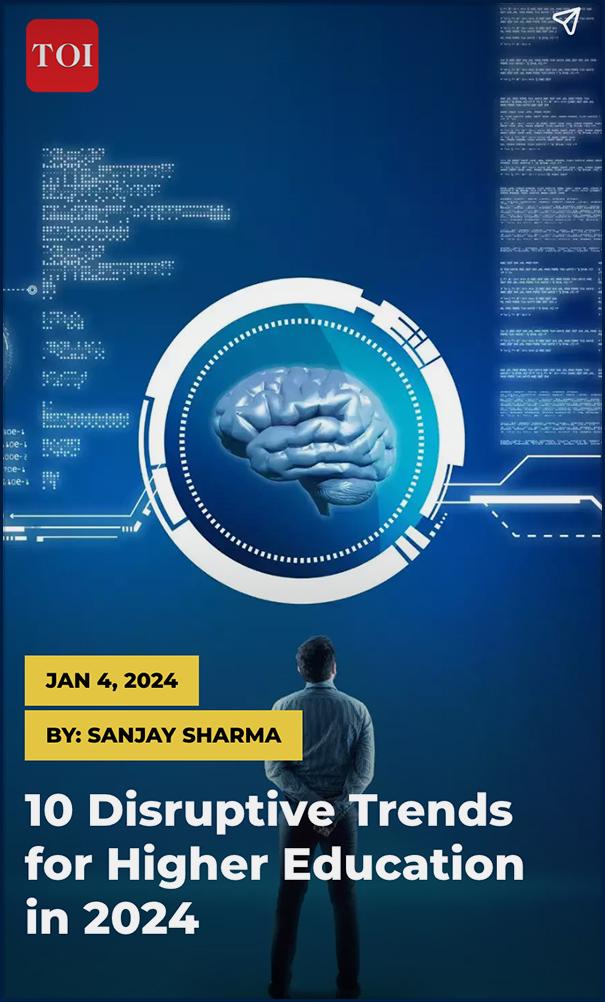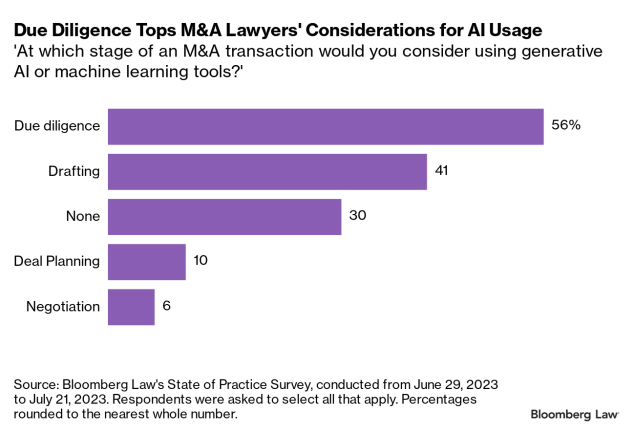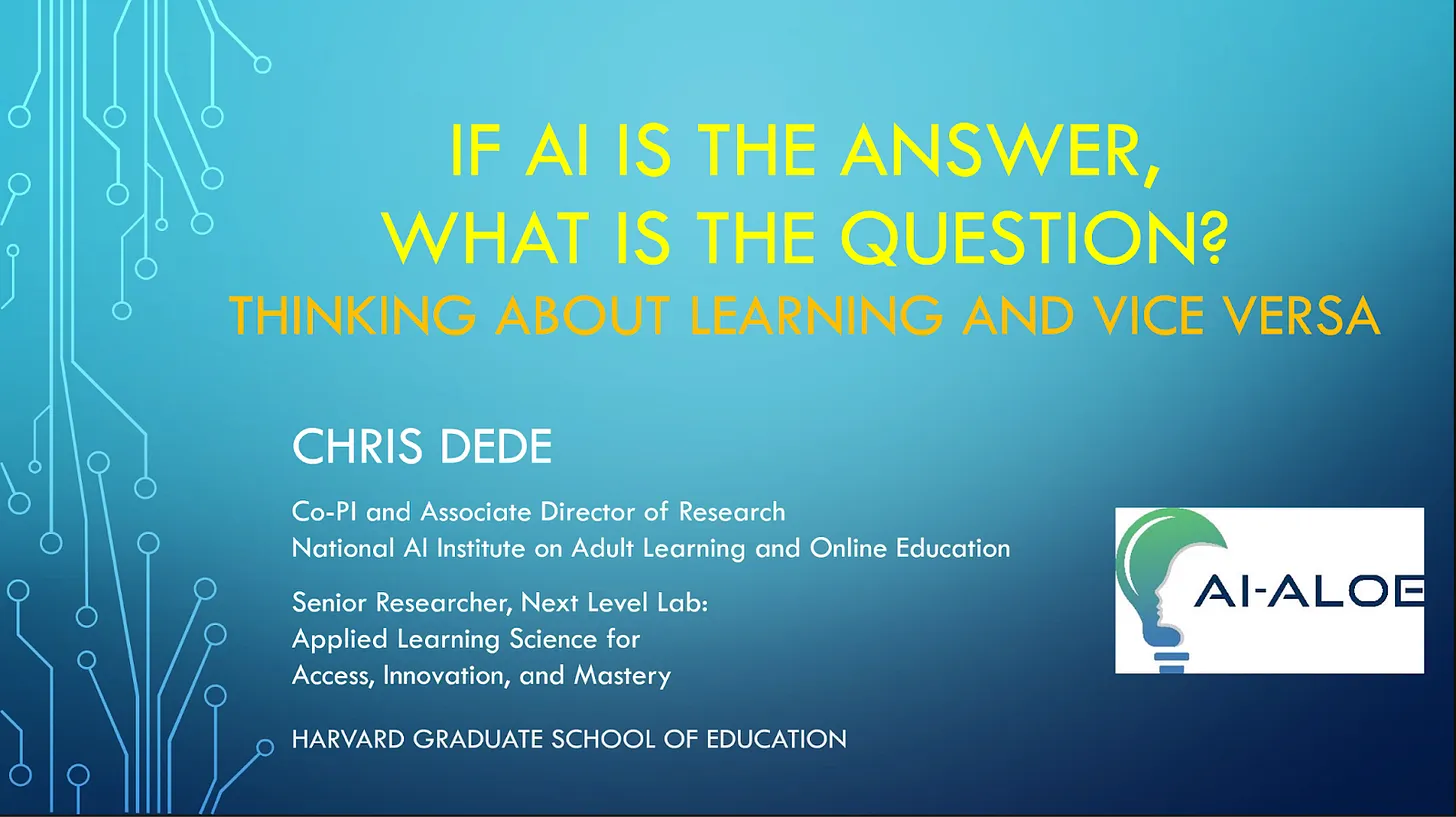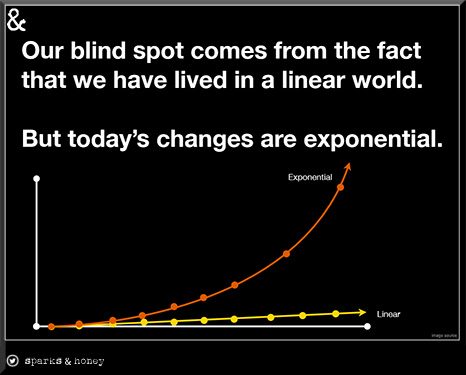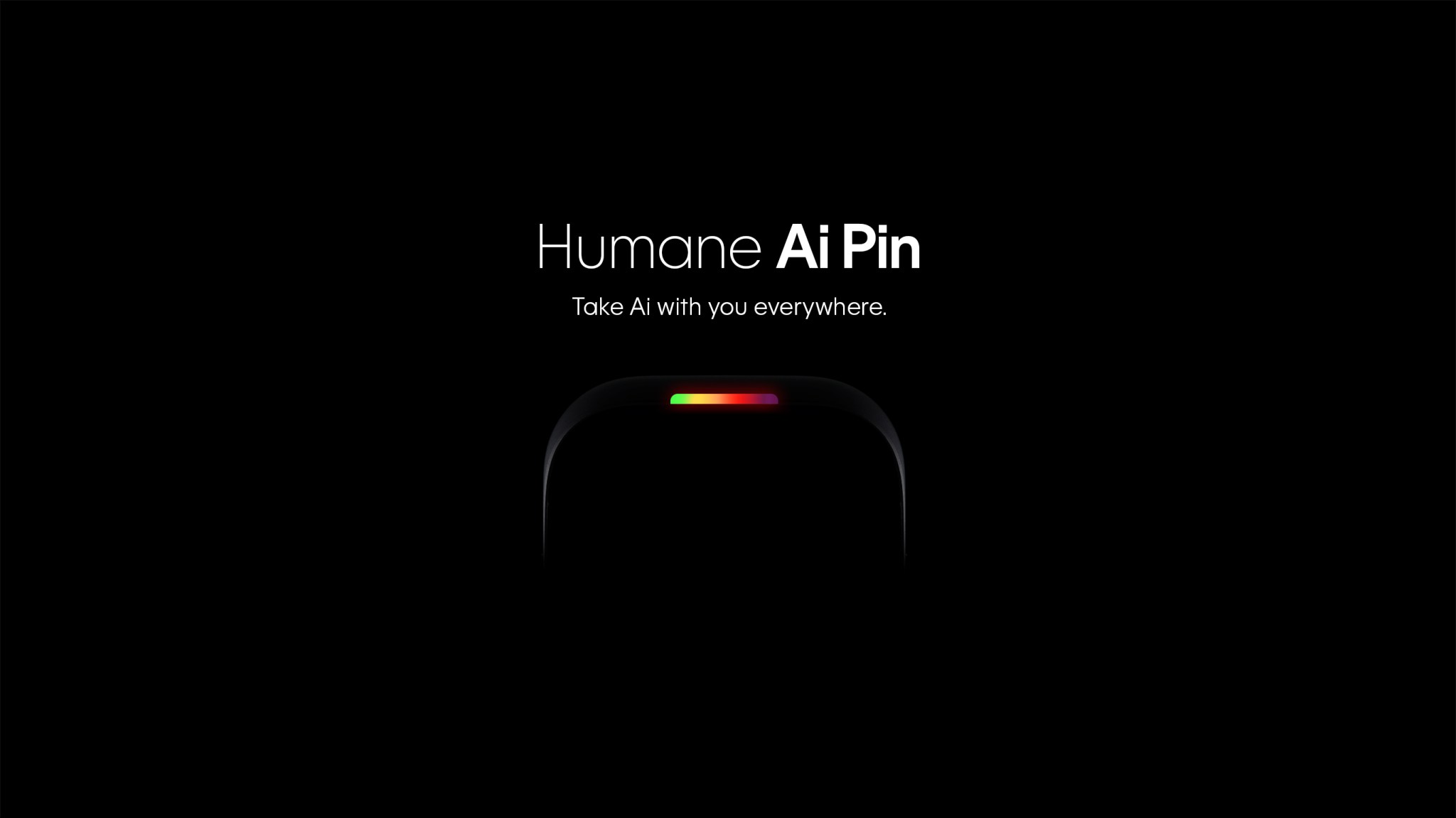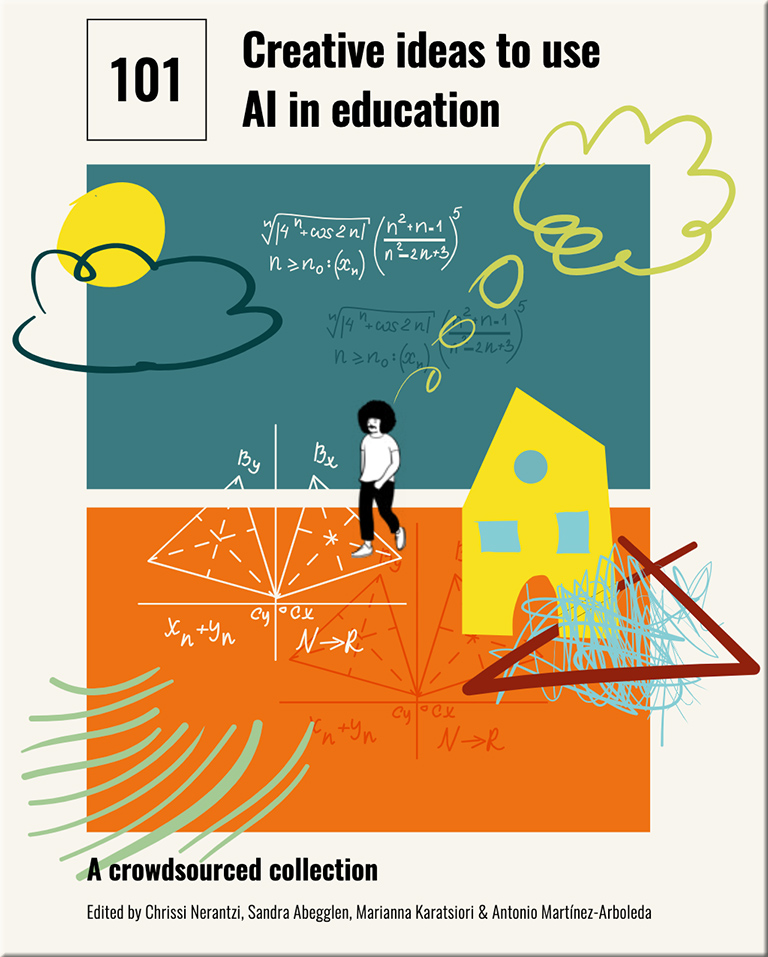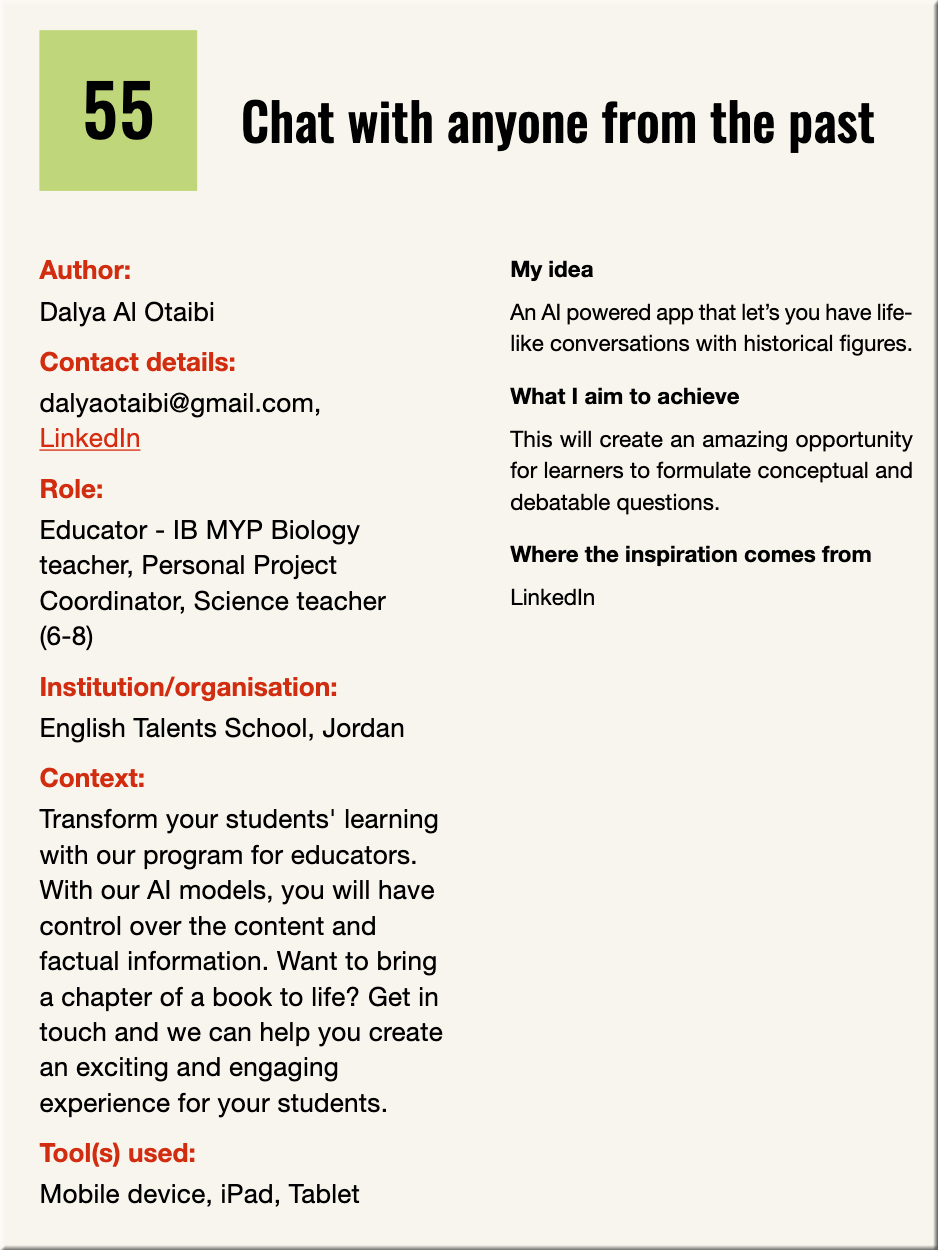Join our linked in group, AI in the Classroom https://t.co/rmfw0SvcW1 #edtech #GenAI @isteofficial @cosn @ascd @neatoday @aftunion @oecd_edu @ccsso @fetc @tcea @cueinc pic.twitter.com/Cxl80WuDuS
— David Ross (@DavidPBLRoss) August 20, 2024
This AI App Can Solve Your Math Homework, Steps Included — from link.wired.com by Will Knight
Right now, high schoolers and college students around the country are experimenting with free smartphone apps that help complete their math homework using generative AI. One of the most popular options on campus right now is the Gauth app, with millions of downloads. It’s owned by ByteDance, which is also TikTok’s parent company.
The Gauth app first launched in 2019 with a primary focus on mathematics, but soon expanded to other subjects as well, like chemistry and physics. It’s grown in relevance, and neared the top of smartphone download lists earlier this year for the education category. Students seem to love it. With hundreds of thousands of primarily positive reviews, Gauth has a favorable 4.8 star rating in the Apple App Store and Google Play Store.
All students have to do after downloading the app is point their smartphone at a homework problem, printed or handwritten, and then make sure any relevant information is inside of the image crop. Then Gauth’s AI model generates a step-by-step guide, often with the correct answer.
From DSC:
I do hesitate to post this though, as I’ve seen numerous posting re: the dubious quality of AI as it relates to giving correct answers to math-related problems – or whether using AI-based tools help or hurt the learning process. The situation seems to be getting better, but as I understand it, we still have some progress to make in this area of mathematics.
Redefining Creativity in the Age of AI — from gettingsmart.com by David Ross
Key Points
- Educational leaders must reconsider the definition of creativity, taking into account how generative AI tools can be used to produce novel and impactful creative work, similar to how film editors compile various elements into a cohesive, creative whole.
- Generative AI democratizes innovation by allowing all students to become creators, expanding access to creative processes that were previously limited and fostering a broader inclusion of diverse talents and ideas in education.
AI-Powered Instructional Design at ASU — from drphilippahardman.substack.com by Dr. Philippa Hardman
How ASU’s Collaboration with OpenAI is Reshaping the Role of Instructional Designers
The developments and experiments at ASU provide a fascinating window into two things:
-
- How the world is reimagining learning in the age of AI;
- How the role of the instructional designer is changing in the age of AI.
In this week’s blog post, I’ll provide a summary of how faculty, staff and students at ASU are starting to reimagine education in the age of AI, and explore what this means for the instructions designers who work there.
PhysicsWallah’s ‘Alakh AI’ is Making Education Accessible to Millions in India — from analyticsindiamag.com by Siddharth Jindal
India’s ed-tech unicorn PhysicsWallah is using OpenAI’s GPT-4o to make education accessible to millions of students in India. Recently, the company launched a suite of AI products to ensure that students in Tier 2 & 3 cities can access high-quality education without depending solely on their enrolled institutions, as 85% of their enrollment comes from these areas.
Last year, AIM broke the news of PhysicsWallah introducing ‘Alakh AI’, its suite of generative AI tools, which was eventually launched at the end of December 2023. It quickly gained traction, amassing over 1.5 million users within two months of its release.
















.webp)

